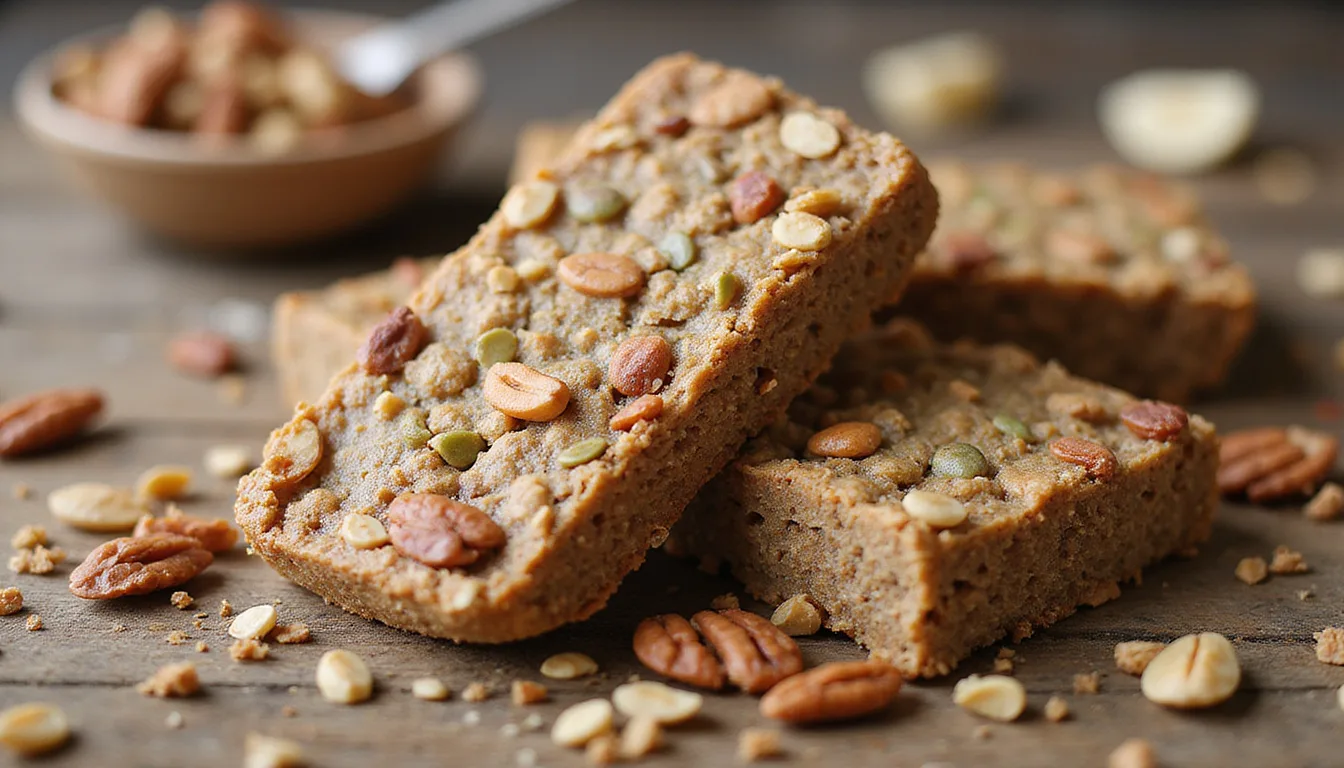
Managing diabetes calls for smart food choices. Many people with this condition now use a low carb plan. It shows the low carb benefits for diabetes. Reducing carbs can help keep blood sugar levels steady, lower the need for medicine, and boost overall health. This article shows the science behind low carb plans. It gives practical steps and lists ways they help control diabetes.
Understanding Diabetes and Blood Sugar Control
Diabetes makes it hard for the body to process sugar. The body may not produce enough insulin or may ignore it. High blood sugar can hurt nerves, the heart, and kidneys. Eating well helps keep blood sugar in check. Carbohydrates turn into sugar in the body. Fewer carbs mean smaller rises in sugar after meals.
What Is a Low Carb Diet?
A low carb diet cuts back on sugars, pasta, and bread. It puts more weight on proteins and fats. People on this plan eat 20 to 100 grams of carbs a day. Many health guides suggest a higher amount of carbs.
Foods that fit this plan are:
- Meat, poultry, and fish
- Non-starchy vegetables like leafy greens and broccoli
- Nuts and seeds
- Good fats from olive oil and avocados
- Some dairy like cheese and yogurt
1. Reduces Post-Meal Blood Sugar Spikes
Eating fewer carbs cuts the rise in sugar after meals. Carbs cause sugar to increase in the blood. With less sugar from food, blood levels stay more even.
2. Improves Insulin Sensitivity
When you eat fewer carbs, your body gets better at using insulin. This helps move sugar from the blood into cells. That step makes the need for extra insulin or pills go down.
3. Helps with Weight Loss and Fat Reduction
Extra body fat, especially near the belly, can make insulin harder to work. Low carb plans help melt fat and trim the waist, which helps balance sugar in the blood.
[h3>4. Lowers A1C Levels
A1C is a test that shows average blood sugar over a few months. Studies find that low carb diets lower A1C numbers. This means that blood sugar stays near normal levels.

5. Cuts Down on Medicine Needs
With better blood sugar control, many people need less medicine. This drop can reduce side effects. It can also lift life quality.
Scientific Evidence Supporting Low Carb Diets in Diabetes
Many studies show these benefits. One controlled trial in a top medical journal found that people on a low carb plan did better in blood sugar control and weight loss than those on a low fat plan. The American Diabetes Association backs low carb diets for many people with diabetes. They advise that each person adjust their carbs to fit their needs and taste.
Practical Tips to Use Low Carb Benefits for Diabetes
To start a low carb diet, keep balance and learn as you go. You might try these steps:
- Talk with Your Doctor: Have a word with a doctor or diet expert before you make big changes.
- Cut Back on High-Carb Foods Slowly: Start with sweets, bread, pasta, and rice.
- Pick Whole, Fresh Foods: Choose vegetables, lean proteins, and good fats.
- Watch Your Blood Sugar: Keep a record of your blood sugar numbers to see how your plan works.
- Plan Meals Well: Use fiber-rich vegetables and plenty of protein in every meal.
- Drink Water and Be Active: Good water and movement help your diet work.
Common Misconceptions About Low Carb Diets and Diabetes
Misconception 1: All Carbs Must Be Removed
Not all carbs are bad. Foods like non-starchy vegetables, nuts, and seeds give you fiber and nutrients. The goal is to pick good carbs and keep amounts low.
Misconception 2: Low Carb Means Keto
The keto plan is one type of low carb plan. Other low carb diets allow more carbs and do not aim for ketosis. Many people with diabetes do well on a moderate low carb plan.
Misconception 3: Low Carb Diets Are Hard to Keep Up
Changing your diet is not always easy. Still, many people stick with low carb plans when they match their taste and life. Getting help from an expert can make a big difference.
Frequently Asked Questions (FAQs)
Q1: What are the key low carb benefits for diabetes management?
A1: The main benefits are better blood sugar control, improved insulin use, weight loss, lower A1C levels, and a drop in medicine use.
Q2: Can a low carb plan work for type 1 diabetes?
A2: Yes, with care. People with type 1 diabetes may see steadier blood sugar but should check their levels more often.
Q3: How low should carb intake go for diabetes?
A3: There is no one perfect number. Most plans range from 20 to 100 grams a day. A doctor can help set the right number.
Conclusion: Embrace the Low Carb Benefits for Diabetes Today
A low carb diet gives you a simple way to manage diabetes. It cuts down post-meal sugar rises, improves insulin work, burns fat, and may lower the need for medicine. With a smart food plan and a doctor’s advice, you may gain better control over your blood sugar.
If you or someone you care about has diabetes, try a low carb plan. Look into the low carb benefits for diabetes. Talk with your healthcare team and take a step toward steadier blood sugar and a healthier life. Your health matters.
[center]Always consult with your doctor prior to making drastic diet changes.[/center]
[center]As an Amazon Affiliate, Savvy Keto makes a small commision (at no extra cost to you) on any purchases you make thru affiliated links you click on.[/center]




